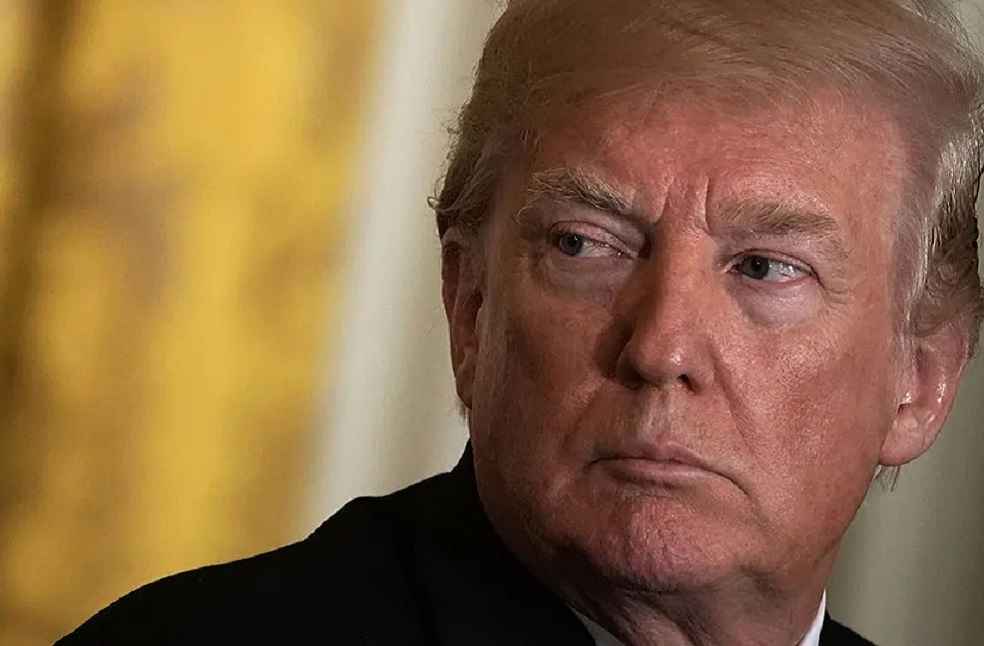The automotive industry is facing critical uncertainty as US President Donald Trump announced plans to impose 25% tariffs on imports from Canada and Mexico starting February 1. This move, revealed hours after his inauguration, threatens to disrupt the daily shipment of billions of dollars worth of vehicles and parts across the borders.
Industry experts are closely monitoring the situation, with many viewing the announcement as a potential negotiation tactic rather than an imminent policy shift. Mark Wakefield, global automotive market lead at AlixPartners, remarked, “Most people in the industry are waiting to see what happens and to see what the administration is looking for from Canada and Mexico.”

Key automakers such as General Motors and Ford have declined to comment on the matter. Both companies rely heavily on cross-border supply chains for production and distribution, which could be severely impacted if the tariffs take effect.
While the administration has touted tariffs as a means to bring production back to the United States and create jobs, analysts warn of unintended consequences. The reconfiguration of supply chains would be complex and expensive, potentially leading to higher car prices and reduced consumer demand.

“Tariffs will inflate car prices that many potential buyers already think are too high,” noted Erik Gordon, a business professor at the University of Michigan.
The economic fallout could extend to job losses within the industry. Simon Geale, an executive vice president at Proxima, explained, “Ultimately what happens is you sell less units and therefore you need less people.”
The scope of the tariffs’ impact depends on their application. While a 25% tariff on a small part might be manageable, the same rate on a fully assembled vehicle could lead to immediate price hikes, further straining affordability for consumers.
TRENDING | Trump Rolls Back Biden’s 2030 Electric Vehicle Goal





